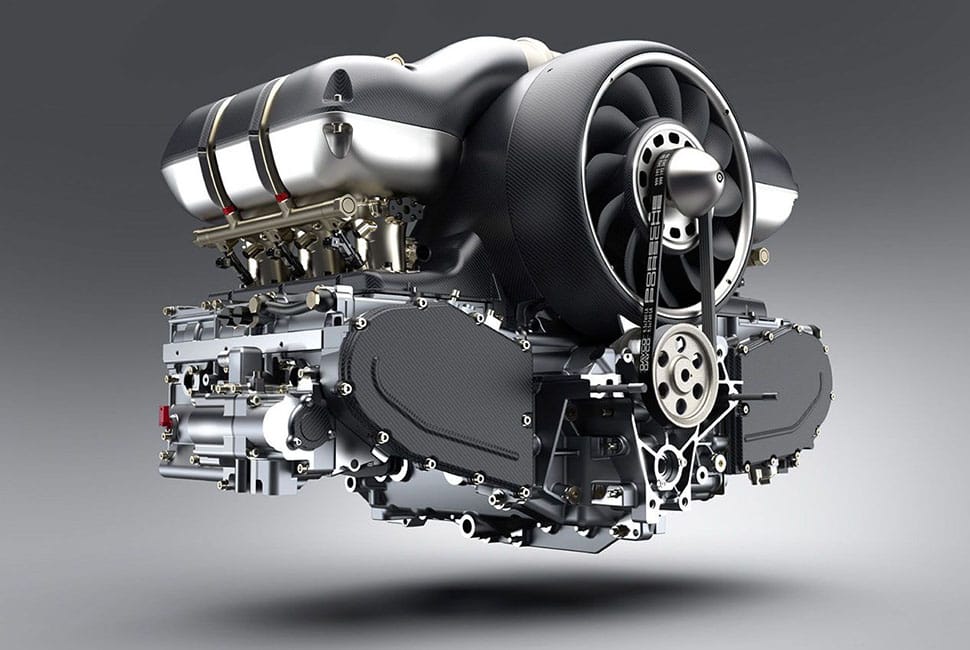Is Linux an Operating System or a Kernel?
One of the most common questions you’ll encounter on tech forums is whether Linux is an operating system or just a kernel. Even for experienced Linux users, this question can sometimes cause confusion. 🤷♂️🥷🏿

Linux, by its very nature, is not an operating system but a kernel.
The kernel is a fundamental part of the operating system — and arguably the most critical component. To form a complete OS, the Linux kernel is combined with GNU software and other tools, giving us the term GNU/Linux.
🎧
This combination is then packaged as a distribution, such as Ubuntu, Fedora, elementary OS, or OpenSUSE. However, since some Linux distributions include software beyond GNU, some argue that it’s not accurate to label all Linux-based operating systems as GNU/Linux.
Let’s explore the difference between a kernel and an operating system:
The Kernel
The kernel acts as a bridge between application software and the underlying hardware. It communicates directly with the hardware, relaying any requests made by applications. The kernel is responsible for managing critical system components such as memory, processes, tasks, and storage, ensuring efficient use of resources. It also ensures that programs have the necessary memory space to run correctly.
The Operating System
The operating system (OS) manages system processes and resources. It contains the kernel and performs all the functions the kernel handles. Additionally, the OS ensures system security and protection. Serving as an interface between the user and hardware, the operating system creates an environment for running application programs. Without an OS, interacting with a system would be nearly impossible.
We hope this article has clarified the difference between a Kernel and an Operating System.
Again;
Linux itself is a kernel!


